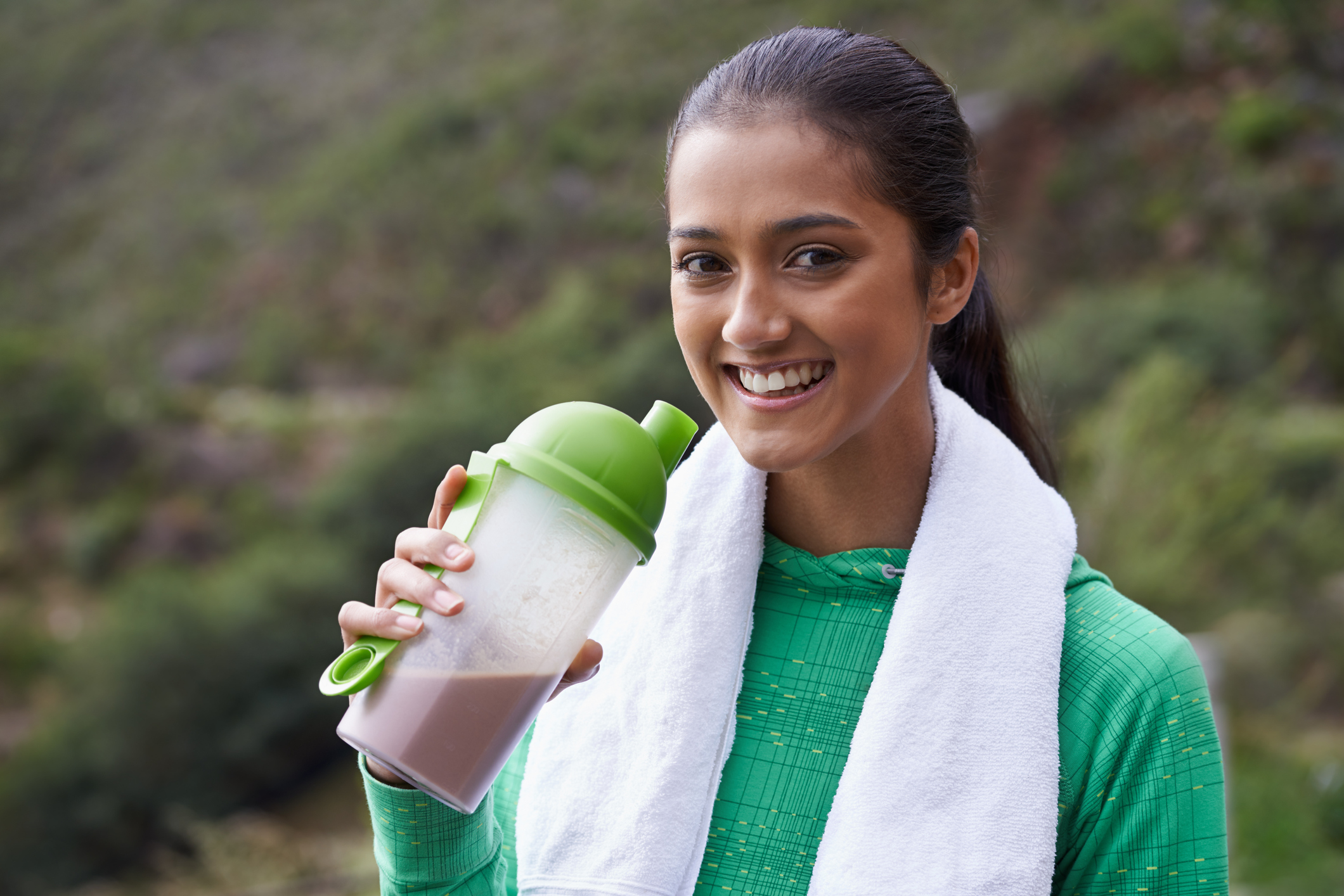 Ophthalmologists, like anyone in the health care industry, should be concerned about how they feel and function, both on the job and at the gym.
Ophthalmologists, like anyone in the health care industry, should be concerned about how they feel and function, both on the job and at the gym.
While many people don’t think twice about what to eat before or after a workout, there’s a good reason to keep an eye on your pre- and post-workout meals. Nutrient timing is a term used to describe how eating certain foods at certain times can help your performance – and your recovery – when working out.
Here, I will describe what I do nutritionally to maximize my resistance training and cardiovascular workouts.
Pre-workout
Your pre-workout meal should be smaller – more like a snack if possible – especially if you’re prone to gastro-intestinal (Gl) distress. I prefer to consume my pre-workout meal about 2-3 hours before training, since it allows me enough time to properly digest my meal.
Many people consume meals prior to training that consist of mostly carbohydrates, particularly those that are highly refined and processed. Unfortunately, consuming a white flower bagel or muffin with either orange juice or a cup of coffee may send your blood sugar on a roller coaster ride. For this reason, my pre-workout meal usually consists of lean and complete proteins, nutrient dense carbs and healthy fats.
My preferences for lean and complete proteins are cottage cheese, plain yogurt and/or a protein shake, all of which are easily digested and help keep my blood sugar stable. (Non-dairy protein sources include peas, brown rice and eggs.) My protein shake consists of half water, half almond milk and organic instant coffee grinds to add coffee flavor. I then add either vanilla pea and rice protein blend or vanilla whey protein powder.
For nutrient dense carbs, I like vegetables such as half a bell pepper with hummus or celery with almond butter. For fruits, I consume either one half of a medium apple, a kiwi, or some berries like raspberries or blue berries.
With fats, I usually go with mixed nuts. Some foods like eggs provide both quality proteins and fats wrapped into one super food.
If I run into a situation where I have only one hour prior to training to eat, I will stick with a quarter cup of cottage cheese and a few nuts, or plain yogurt with a few berries added to it. I may also take a few gulps of my protein shake.
Post-workout
After you complete your workout, you should help your body replenish its lost energy. Immediately after exercise and up to 2 hours following, the best thing you can eat is a combination of protein and carbohydrates.
For protein, I prefer protein powder shakes because they’re easily digestible and can be quickly assimilated into our cells for protein synthesis, a process that helps us build muscles and burn fat. Protein powder shakes also allow for a faster recovery time after a strenuous workout.
When it comes to carbohydrates, you can either add them to your shake or consume them separately. I recommend nutrient dense fruits and/or starch. For instance, berries are excellent because they provide carbohydrates as well as a valuable source of water, fiber, vitamins, minerals and antioxidants. Unrefined starchy carbohydrates (e.g., whole oats, quinoa, brown rice and sweet potatoes) are also excellent post-workout foods.
Overall, choosing the right balance of foods and shakes to consume before and after your workout can make a significant difference in the quality of your workout performance. It’ll also make your recovery more efficient and effective, thereby optimizing your training results.